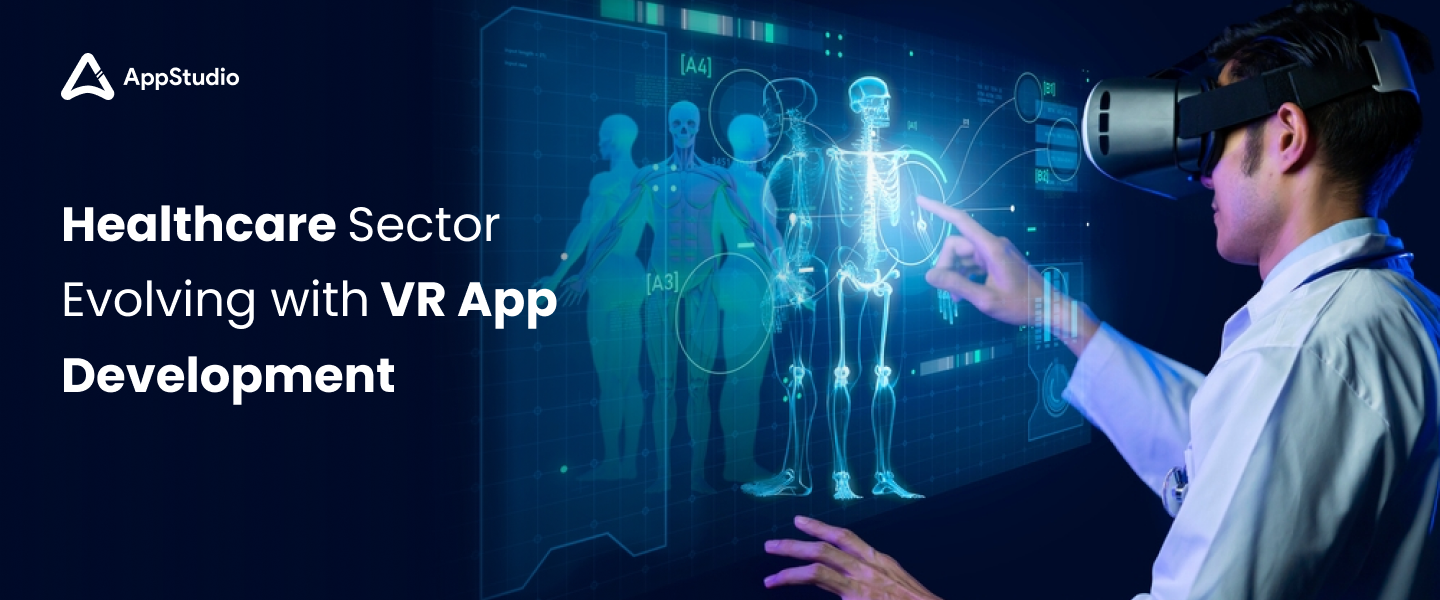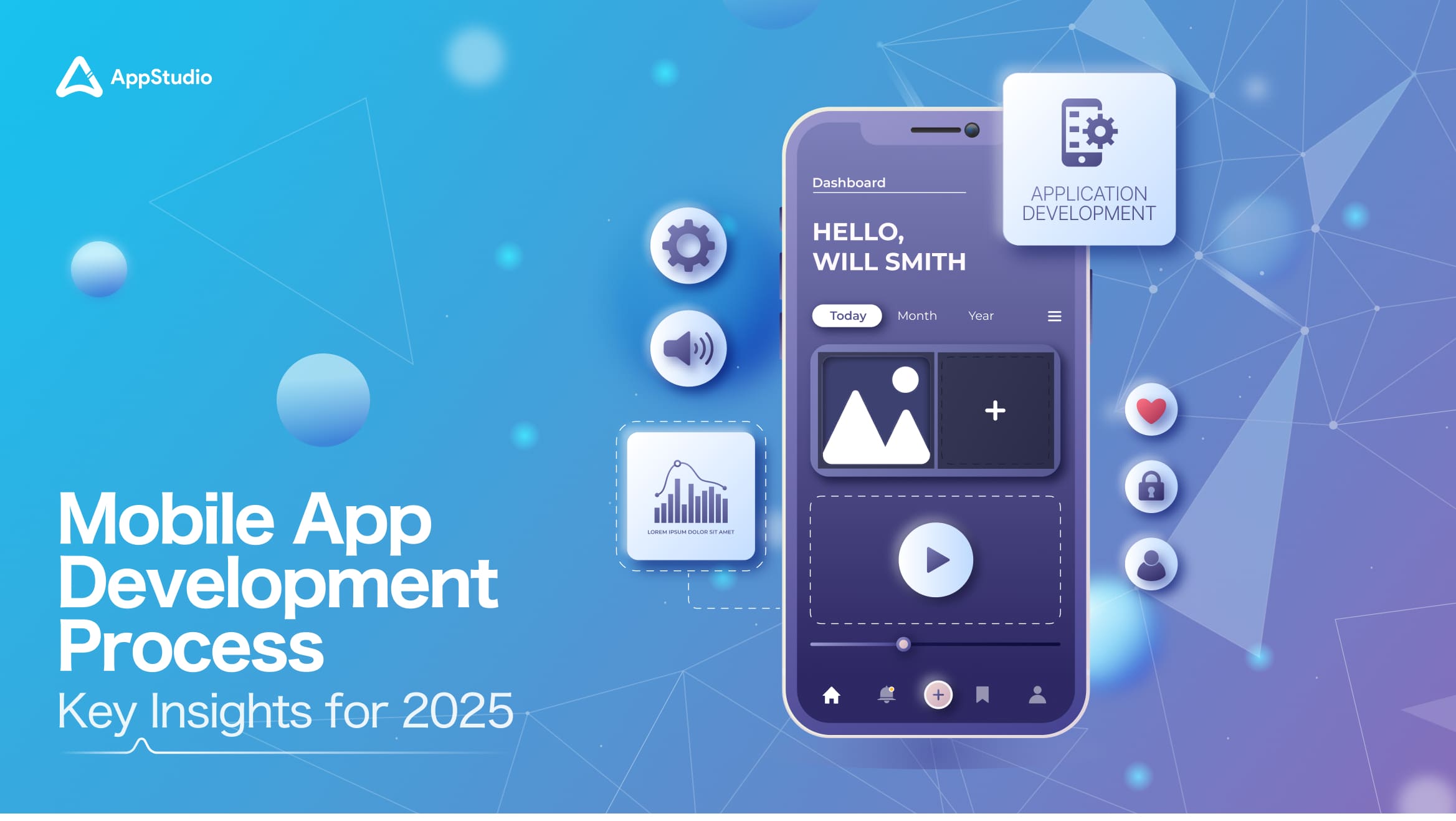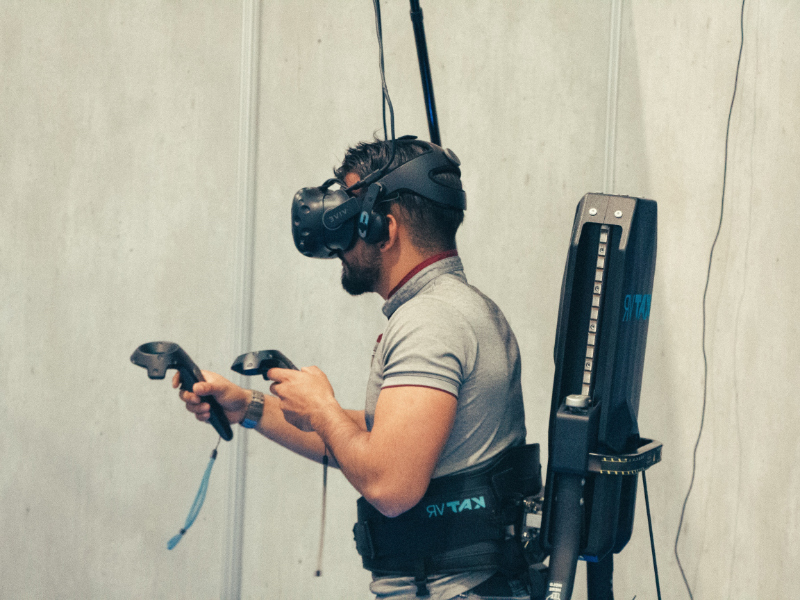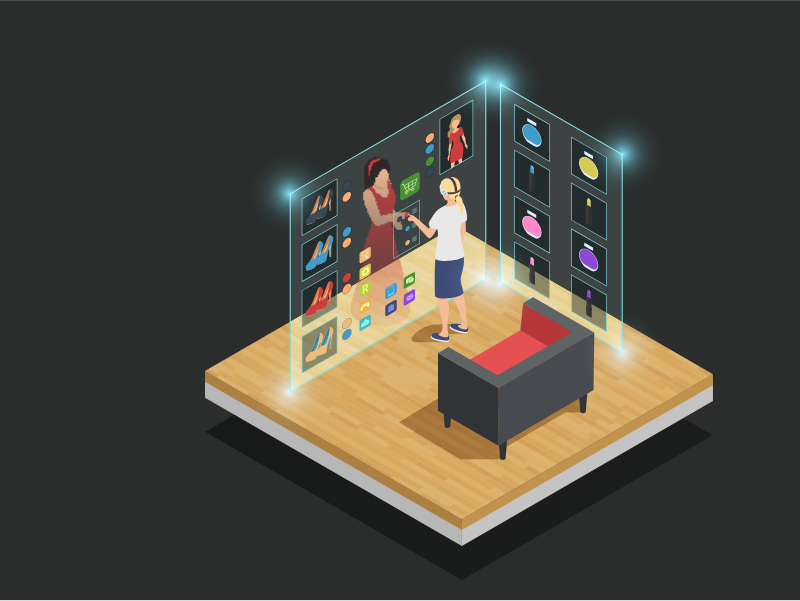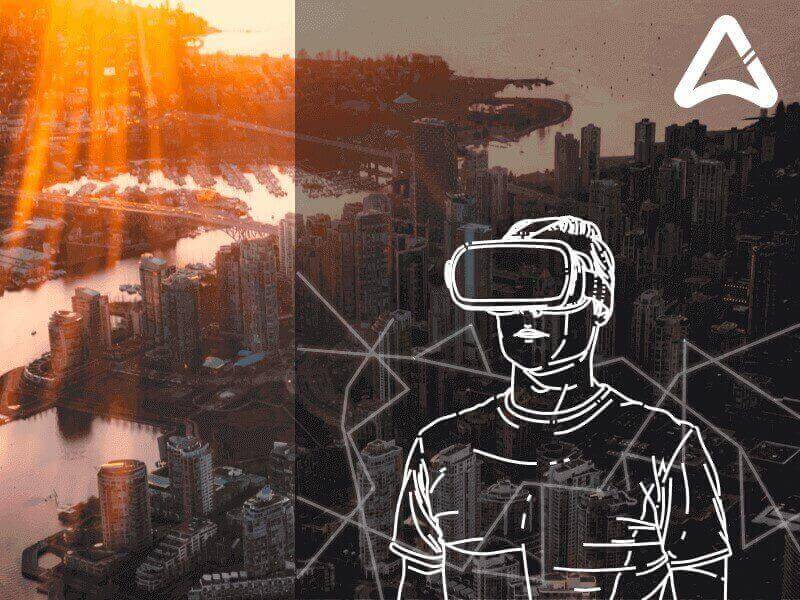The global market for mobile-app-based healthcare services is $44 billion, which is growing at an impressive 11% year on year. This growth and expansion have significantly accelerated after the pandemic as more and more users are now opting for contactless consultations, examinations, and more.
At the same time, advancement in mobile technologies is seen as another critical reason for triggering an unstoppable growth of this niche: Wearables loaded with sensors along with real-time insights from the smartphone make it easier to track and monitor an individual’s health-related data, and use the insights to guide and consult the user accordingly.
Within this vast realm of mobile app-based healthcare services, there exists a micro-niche of Virtual Reality or VR-based mobile apps for healthcare, that is proving to be a game-changer for the healthcare industry.
The Rise Of VR App Development
The healthcare industry has seen significant technological advancements over the past few years. One of the most exciting developments is the integration of VR in healthcare.
While the VR market size is pegged at $30 billion annually, the market size of VR app-based healthcare service/consultation is estimated to reach $6 billion by 2029, which is growing even faster at 39% CAGR, globally.
Within the world of Virtual Reality based healthcare services, wearables are considered to be the game-changer, as tech and healthcare companies are exploring numerous ways to leverage their stunning features and capabilities to provide even better services.
For instance, VR based app, combined with wearables can prove to be an efficient pain management system, that can help patients to manage their pain anywhere, anytime.
And this is just the tip of the iceberg!
This Is How VR Is Transforming The Healthcare Sector
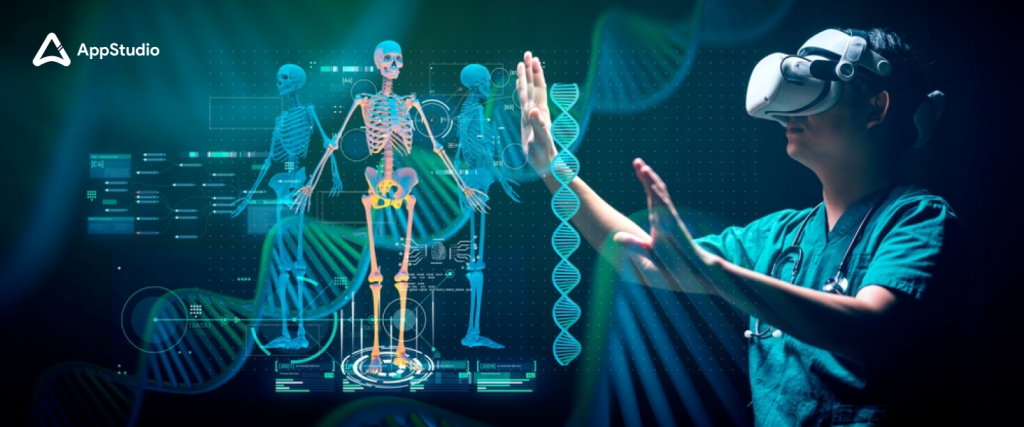
VR technology has revolutionized the way healthcare professionals and patients interact with each other. With VR-based apps, healthcare providers can offer more efficient and effective care, and patients can experience improved outcomes.
Here are some ways in which VR is transforming the healthcare sector:
Medical training and education:
VR-based medical training is an innovative approach that has become increasingly popular in the healthcare industry. It provides a safe and immersive learning environment for medical students to learn and practice procedures without any risks to patients.
Medical professionals can simulate complex surgical procedures, medical emergencies, and patient consultations.
The technology enables trainees to learn at their own pace, repeat procedures as many times as needed, and gain practical experience in a controlled environment. Using VR tech, teachers and medical experts can now connect seamlessly with the students, and help them to understand the fundamentals in a better way.
Patient care:
VR technology is transforming the way healthcare professionals care for their patients. The technology can help to alleviate patients’ anxiety and pain during procedures and treatments. For example, a VR headset can be used to distract patients during painful procedures like wound dressing, injections, or blood draws. It can also help patients relax during medical imaging, such as MRI or CT scans. Additionally, VR can be used to provide patients with virtual therapy sessions, which is especially helpful for those with mental health issues.
Surgeries:
VR is changing the way surgeries are performed. With the help of VR, surgeons can simulate complex procedures before performing them on patients. The technology enables surgeons to create a 3D model of the patient’s anatomy, which can be used to practice surgical techniques and identify potential complications. VR can also be used to guide surgeons during procedures, providing them with real-time information about the patient’s anatomy and vital signs.
Medication:
VR technology is also being used to improve medication adherence. Patients can use VR apps to learn more about their medications, including their effects, side effects, and how to take them properly. By providing patients with an immersive experience, the technology can help them better understand the importance of taking their medications as prescribed. VR can also be used to help patients manage pain, anxiety, and other symptoms without relying on medication.
Rehabilitation:
VR is transforming rehabilitation by providing patients with a more engaging and motivating experience. Patients can use VR-based apps to perform exercises and movements that help to improve their strength, coordination, and balance. The technology can also be used to simulate real-life scenarios to help patients relearn daily living skills after an injury or illness.
Diagnosis and treatment:
VR technology is also being used to aid in the diagnosis and treatment of various medical conditions. For example, doctors can use VR to visualize and analyze medical images, such as CT scans or MRIs. VR can also be used to create personalized treatment plans for patients, taking into account their unique medical history and condition.
Pain management:
VR app development is changing the way healthcare professionals manage pain. Patients can use VR apps to distract themselves from their pain, which can help to reduce the need for pain medication. VR-based pain management has been particularly effective in managing chronic pain conditions, such as fibromyalgia and neuropathy.
At the same time, wearables connected with mobile apps and VR headsets can be used by medical professionals to guide and mentor the patient and suggest exercises, medicines, and strategies in real-time to help manage the pain better and lead a normal life.
Possibilities are truly endless with VR in the healthcare sector.
In fact, VR technology has the potential to transform the healthcare industry in numerous ways. With the help of VR-based apps, medical professionals can offer more efficient and effective care, and patients can experience improved outcomes.
If you’re looking to develop a VR-based healthcare app, AppStudio is the right choice for you.
Our app development company has experience developing innovative and user-friendly VR-enabled healthcare apps that meet the needs of both patients and healthcare providers. In the past, we have collaborated and partnered with some of the biggest brands from the US and Canada, to help them leverage the power of technology to unleash spectacular growth and success.
Connect with us today to learn more about our VR app development services.
